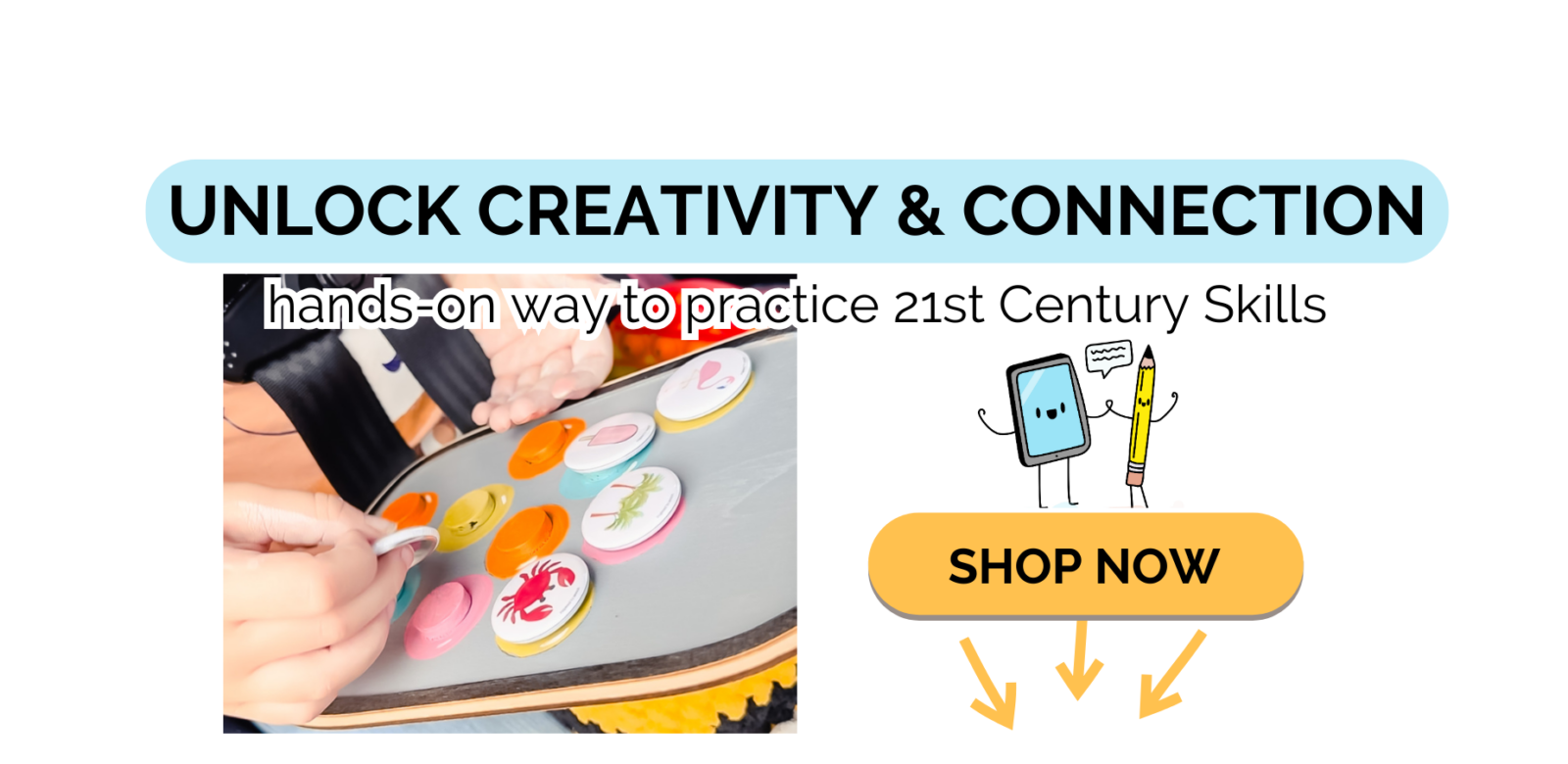Choice boards, tic-tac-toe boards, choice cards… there are many names for tools that provide student choice. Whatever you call them, choice boards is a perfect differentiation strategy for struggling readers, gifted learners and all students in-between.
When you give students options, even limited ones, they feel a connection to the assignment and perform at their highest level!

Photo by Pragyan Bezbaruah from Pexels
In my classroom, I use variations of choice boards for specific assignments, projects, and options for early finishers. But, they aren’t just content specific! You can use choice boards for un-homework ideas, positive behavior rewards, easy enrichment of learning or building relationships in the classroom. Plus, providing choice is one way to easily differentiate instruction!
Three Ways Choice Boards Enrich Learning
(in and out of the classroom)
1- Support Student-led Differentiation
- Mastery First
- Enrichment
- Acceleration
Differentiation. Teachers know it’s important, and we usually do it without thinking about it, but differentiation strategy ideas can be overwhelming and time consuming. Enter the choice board, which can provide various ways to practice skills with differentiation through choice.
In addition, your board can be tailored to needs by having students complete specific tasks first, varying the level of similar tasks (seen below), or changing the number of required tasks based on student academic level. Now, differentiation for gifted learners or differentiation for struggling readers is simplified.

2- Increase Student Engagement
- Self reflection
- Independent work
- Small group
Teacher announces, “We’re going to start our project!” Followed by groans and scuffs from all around the room. We’ve all been there, but what if projects could feel, dare I say, *fun*!? Using a choice board for independent or small group work can increase student engagement by allowing kids to feel in control of their academic outcome. When kids can work on what they love, they love working!
Be sure to include a variety of tasks like drawing, writing, creating and designing to reach a large variety of learners (see the example project page below). Don’t forget to provide a choice board rubric and any A+ work samples to help students measure and reflect on their own work before it’s finished.

Visit my TeachersPayTeachers store for FREE digital choice board options.
Support Student Growth with Goal Setting
3- Boost Classroom Management
- On task behavior
- Less grading
- Early finisher struggle
One of the hardest classroom management areas for me to tackle has been center/rotation time. My students aren’t wild or out-of-hand, they’re just bored because they finished their assignment. So, I created an early finisher choice board (grab it below) and an accountability system to put the work in my students’ hands.
When someone thinks they’re finished with a center and ready for a choice, they have a peer check their work and sign a completed work form. Then, they grab a choice board (the bright orange makes it hard to miss) and choose what they want to do. Choice boards have also made my grading life easier!
I provide opportunities for students to conference about their work with me or a peer (using the choice board rubric) then all I need to do is check over the rubric.
Download a simple (FREE) Early Finisher Choice Board below!





Pingback: 4 Weekly Ideas to Easily Enrich Creativity & Curiosity in May -
Pingback: Four Easy Enrichment Ideas for the Month of April -
Pingback: Distance Learning Support for Gifted Students -
Pingback: 4 Easy Enrichment Ideas for the Month of April -
Pingback: Differentiation with Technology in 3 Ways -
Pingback: 🎉 Lesson Planning for Gifted in Under 30 Minutes